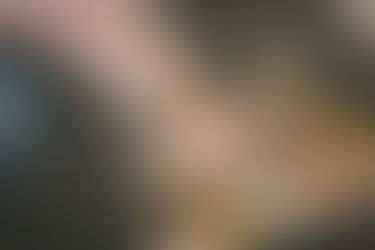The Magic of Rhyming Poetry
- Dec 31, 2020
- 3 min read
Updated: Jan 2, 2021

I was born in Australia and grew up on a farm. In childhood I heard and loved the ballads and narrative poetry that was the signature literary style of the Australian bush. Poems were entertainment. They told stories about mad-cap cricket matches that ended in chaos, about bicycles gone out of control, about cattle drives and expeditions sent out to retrieve lost horses. Those poems rhymed.
Then my family upped sticks and moved to Canada. The only poetry I encountered there was at school. It didn’t rhyme. Along with my classmates, I didn’t consider it entertainment either. In fact, some of it seemed more like torture. This was modern, cutting-edge poetry meant to evoke strong emotions. In my case, those emotions included boredom, perplexity and exasperation. The important poets who wrote this important poetry were cautionary tales in their own right. At war with the world and themselves, addicted to suffering, their turbulent biographies often ended with suicide. I was a teenager with my own overflow of angst. I didn’t need them adding to it. So I ignored poetry as much as possible and concentrated on science. It was a lot more upbeat.
I chose a practical, hands-on, down-to-earth profession. I became a veterinarian. Then, in 1994 my husband and I moved to the Middle East where we lived very happily for thirteen years. I was employed as a racehorse veterinarian by Sheikh Mohammed bin Rashid Al Maktoum who became the Ruler of Dubai. My boss was a man of many interests and talents. Not only was he passionate about horses but he was also a prolific poet. In time, his love of poetry rubbed off on me.
In the Middle East poetry has always been a major art form. In spite of the language barrier, I could not fail to eventually notice that there was poetry happening all around me. There were poetry festivals, recitations, competitions and duels. Often they were shown on TV. Poetry appeared in the newspapers and at some point I walked into a bookstore to discover a stack of glossy books with Sheikh Mohammed’s portrait on the cover. They were his latest volumes of poetry.
Since my Arabic was never better than basic, I couldn’t understand or appreciate any of what I was seeing or hearing. Still, in the spirit of participation, I wrote a few English language poems myself. Convinced of my own sensitivity and sophistication, I proudly read them to an Arab friend. His face fell in dismay. “That’s not poetry,” he protested. Slightly insulted, I asked what was wrong with it. His answer stunned me. “It doesn’t rhyme,” was what he replied.
My next attempt was a poem of rhyming couplets that met with more approval. “Ah yes,” said my Arab friend in relief. “It’s like Nabati poetry.”
Nabati poetry is a simple, colloquial form beloved of the Bedouins. Its rhyming couplets make it easy to remember and recite so it is used to preserve stories, legends and history. Owning few worldly possessions and traveling long lonely distances across the desert, the Bedouin prize their poetry as a form of wealth. Invisible, weightless, perfectly portable and yet a priceless luxury, the library they hold in their heads is a rich source of relaxation around the campfire and an important part of hospitality offered to strangers well met. For the Bedouin, life is austere but the mind is a palace.
As for me, there was no more doubt. Though it would be years before I was ready to show my poetry to the world, I had found my style.








Comments